May 14, 2025 | 09:25 GMT +7
May 14, 2025 | 09:25 GMT +7
Hotline: 0913.378.918
May 14, 2025 | 09:25 GMT +7
Hotline: 0913.378.918
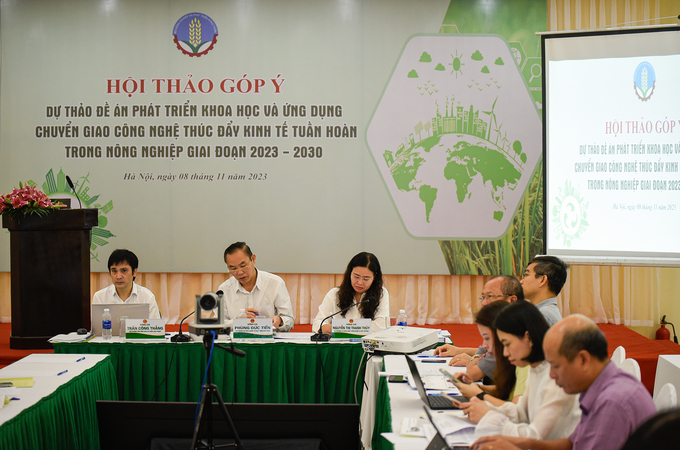
A conference on November 8 to receive feedback on the project’s draft titled “Applying science and transferring technology to promote circular economy in agriculture until 2030”. Photo: Quynh Chi.
Vietnam’s agricultural sector has contributed to the modernization of rural areas. In 2022, the GDP of agriculture, forestry and fisheries was 3.36%, the highest in recent years. Notably, science and technology applications contribute more than 30% to the value of agricultural production.
As environmental pollution becomes increasingly pressing, MARD organized a conference on November 8 to receive feedback on the project’s draft titled “Applying science and transferring technology to promote circular economy in agriculture until 2030”. The conference identified that a circular economy is crucial, but research and technology transfer still face many limitations. Feedback from experts and local authorities at the conference contributes to the sustainable development goal of the agricultural sector.
In Vietnam, the concept of circular economy has been introduced in the Law on Environmental Protection, but there is no specific definition of circular economy in the agricultural sector. That is a shortcoming when agriculture has the potential to develop a circular economy due to its reliance on nature.
A circular economy in agriculture can be understood as applying scientific and technological advances to create high-quality products and reduce waste and environmental pollution. This also helps raise awareness about recycling by-products and protecting the environment. The circular economy model is based on three principles: reduce, reuse, and recycle. To date, several organizations have developed a set of 10 principles to increase circularity in product design, materials, and manufacturing processes.
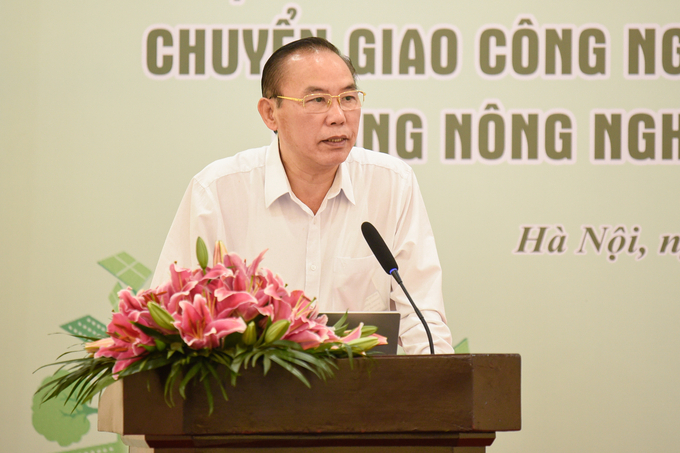
Deputy Minister Phung Duc Tien: It seems we have ignored the aspects of sustainability and recycling. Photo: Quynh Chi.
Deputy Minister Phung Duc Tien said: “As the world’s agriculture is changing, Vietnam aims for sustainable agricultural development. I would like to emphasize that a circular economy will promote green growth. However, every year our country imports more than 100,000 tons of pesticides. I have observed pesticide packages piled up on the fields. Many crabs and fish have died because the water source is contaminated with chemicals. Dependence on chemicals in production is still common – it seems we have ignored the aspects of sustainability and recycling. If we do not act quickly, implementing the Prime Minister’s commitment to net zero emissions by 2050 at COP 26 will be a difficult problem.
To complete the draft on circular economy in agriculture, MARD has implemented many activities such as field research, seminars, and peer review.
According to Mr. Tran Cong Thang, Director of the Institute of Policy and Strategy for Agriculture and Rural Development, the application of modern technology in the circular economy model helps improve management, resource use and waste treatment. This is essential in the manufacturing value chain, where raw material supply is reused and adds value to products and services.
“To develop a circular agricultural economy in the era of digital transformation, research and transfer of science and technology are indispensable. Science and technology are the driving forces for innovation and the formation of the circular economy. On the other hand, the circular economy promotes the development of science and technology. Combining these two fields will create sustainable solutions for developing countries like Vietnam,” Mr. Thang said.
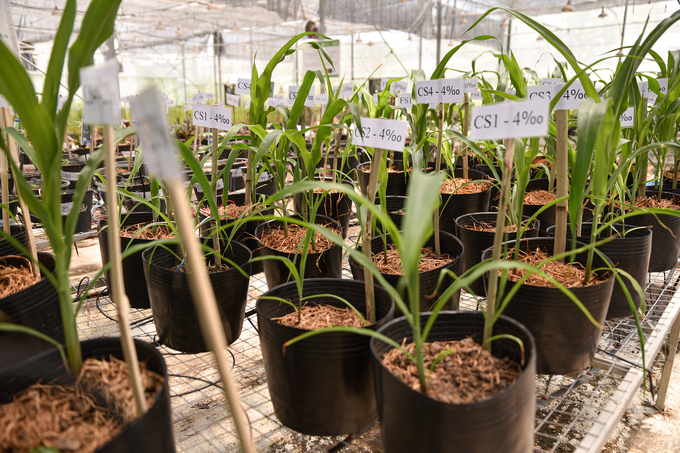
Covering soil with straw helps reduce salanity. Photo: Quynh Chi.
With the regenerative agriculture approach, by-products from agricultural, forestry and fishery production gradually become renewable resources. According to data from the General Statistics Office, the agricultural sector has processed nearly 100 million tons of by-products and waste nationwide.
Experts, localities, institutes and universities under the Ministry contributed to a fruitful discussion. Most delegates suggested that MARD concretize the goals and assessment framework based on Vietnamese agricultural practice. Many delegates said that although the draft is elaborate and detailed, the information still needs to be scattered and highlight the role of science and technology in the circular economy in agriculture.
Professor Nguyen Quang Thai, Chairman of the Vietnam Association of Economic Sciences, said it is necessary to locate Vietnamese agriculture with rapid globalization, not to let farmers passively apply technical solutions. For example, Europe’s policies, such as IUU and EUDR, is putting pressure on farmers: if farmers do not comply with standards, their products cannot sell. Mr. Thai proposed that the Ministry link solutions to ensure effectiveness when applying science and technology to agriculture.
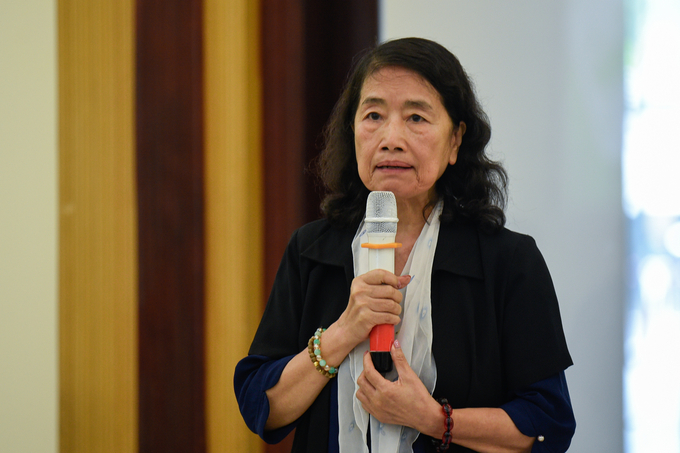
Dr. Ngo Kieu Oanh gives feedback on the project's draft. Photo: Quynh Chi.
With many years of experience in green agriculture, Dr. Ngo Kieu Oanh affirmed: “If the rural environment cannot be purified, sustainable development goals will not be achieved. The project needs to clarify the mechanism and support businesses connecting with farmers. Besides initiatives from international organizations, Vietnam also has scientific strengths from indigenous knowledge. I hope the Ministry will take advantage of the wisdom of those who understand the fields and consider adding rural-friendly models to the project.”
Some experts and localities note that science and technology research needs to stem from regional characteristics because each place has different farming and production practices. Therefore, it is necessary to set specific goals for each locality and chain together solutions to reduce the technology gap for those who lack skills.
To ensure farmers’ livelihoods, we need clear policies and support for technical and financial transfer. Developing science and technology for sustainable agricultural ecosystems requires increasing support for small-scale agricultural systems. The application of technology will help farmers improve their income and lives. In addition, international cooperation will advance solutions from the lab to the fields.
Translated by Quynh Chi
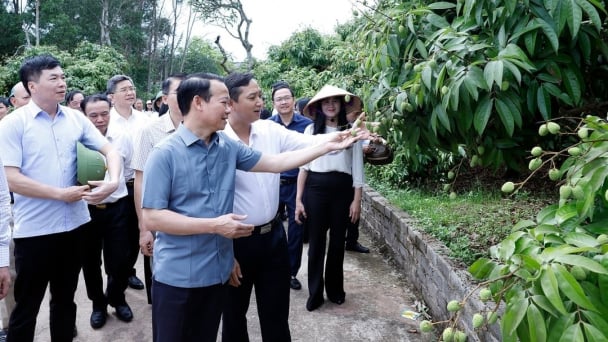
(VAN) Agriculture and environment sector experienced a 3.74% increase in growth during the first four months of 2025, with exports surpassing 21 billion USD. This growth was sustained by effective reforms and a trade surplus.
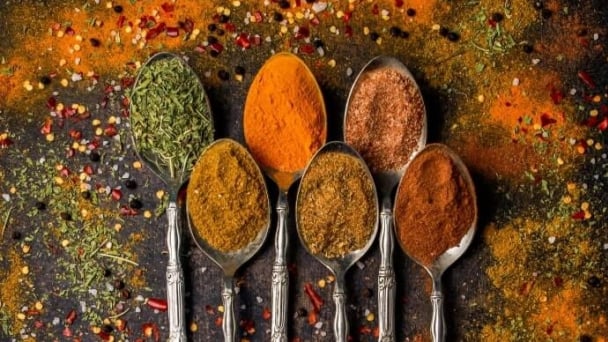
(VAN) Taiwan offers a promising market for Vietnamese turmeric; however, it enforces stringent standards, particularly concerning residual additives, colourants, and substances with potential carcinogenic effects.

(VAN) Through activities at Vietnam Sea and Island Week 2025, solutions will be developed to fully harness the potential and advantages of Vietnam's marine economy.
![Multi-channel, multi-directional Vietnamese agricultural markets: [4] EVFTA and the 0% tax advantage](https://t.ex-cdn.com/nongnghiepmoitruong.vn/608w/files/linhnhp/2025/05/12/day-chuyen-che-bien-tom-tai-1-nha-may-cua-sao-ta-205536_359-1044193.jpg)
(VAN) The near-complete elimination of import tariffs on Vietnamese goods makes the EVFTA the highest commitment the EU has ever made to a partner in its signed trade agreements.
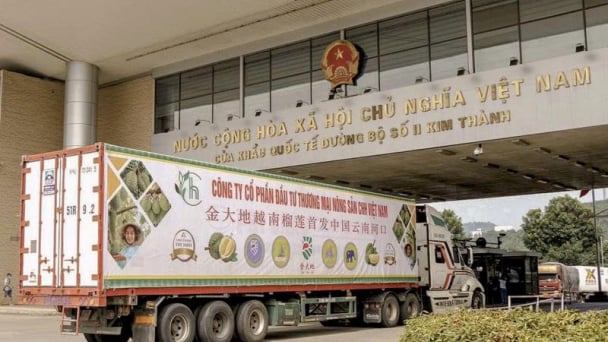
(VAN) Deputy Minister Phung Duc Tien hopes that China will facilitate the entry of Vietnamese agricultural products into its market and accelerate customs clearance at border gates.
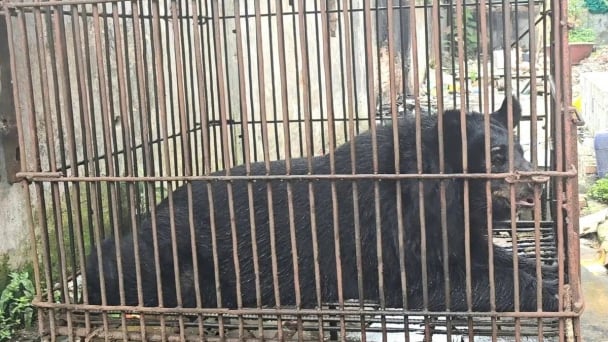
(VAN) On May 10, the Animals Asia Foundation and the Hai Phong Crop Production and Forest Protection Department successfully rescued a nearly 20-year-old sun bear that was being kept by locals.
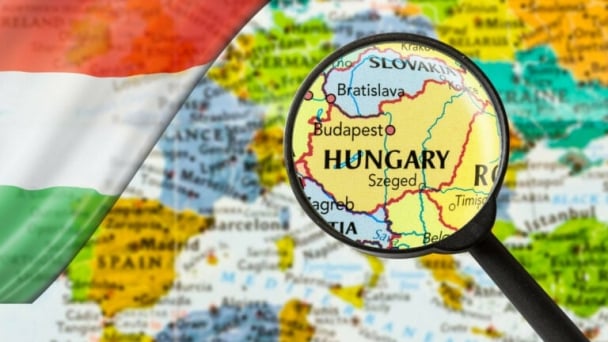
(VAN) Does Hungary have an opportunity to expand poultry production in the coming years despite the pressure from avian influenza and challenges of the trade war?